Last week, PublicAffairs celebrated its 20th anniversary with a panel discussion called "20 Years of Publishing Good Books About Things That Matter" at Politics & Prose, Washington, D.C.--an appropriate venue. The panel, introduced by Vernon Jordan, included Peter Osnos, founder, PublicAffairs; Bradley Graham, co-owner, Politics and Prose and author of Hit to Kill and By His Own Rules; Maya Rao, author, Great American Outpost; Jaime Leifer, associate publisher, PublicAffairs; and moderator Clive Priddle, publisher, PublicAffairs.
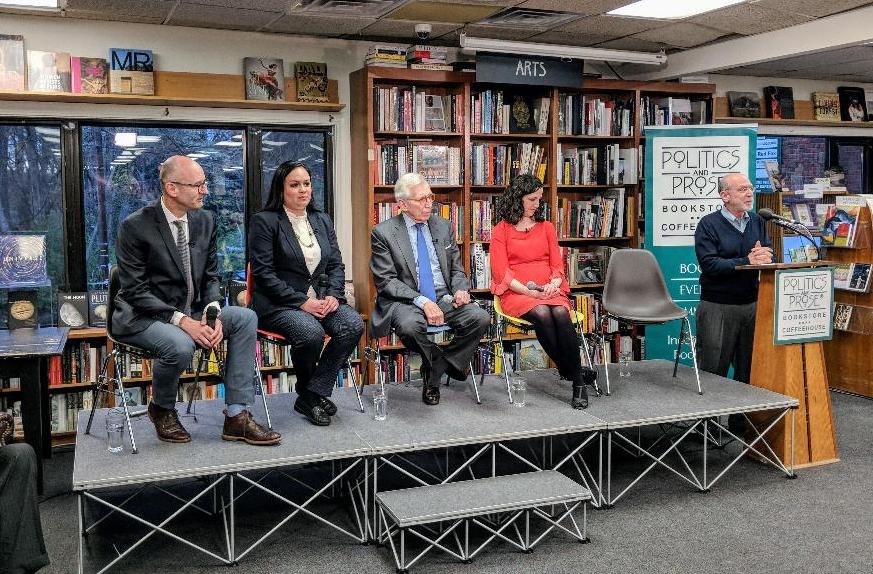 |
| (l.-r.) Clive Priddle, Maya Rao, Peter Osnos, Jaime Leifer and Bradley Graham |
Reflecting recently on PublicAffairs' 20th anniversary, founder Peter Osnos noted that in the past several decades "the two pillars of book publishing"--content and distribution--have fared very differently. "Content has proven to be very durable," he said. Publishers continue to publish a range of titles on a range of subjects. In nonfiction, PublicAffairs' focus, "there's so much to address," including politics, self-help, business, economics, and at the same time, "investigative journalism in book form is flourishing." In fiction, there's still a wealth of titles: "The same publisher that published Toni Morrison published 50 Shades of Grey.
"The really interesting thing to me is not how roughed up we've been, but how stable we've been," he continued. "Even if flat is the new up, we've managed to hold our own in a universe of mass disruption." He compared book publishing to the newspaper and magazine businesses, which have suffered greatly.
In book distribution, however, "everything has fundamentally changed," Osnos said. Since he joined the book publishing world in 1984, "I've seen a series of progressive changes in the way we sell and market books." Highlights, of course, have included the eras of the mall store, of the book superstore, and of "books as wallpaper," as well as the seeming demise but return of the independents and Amazon's arrival and growth into "the most important new manifestation of how we sell."
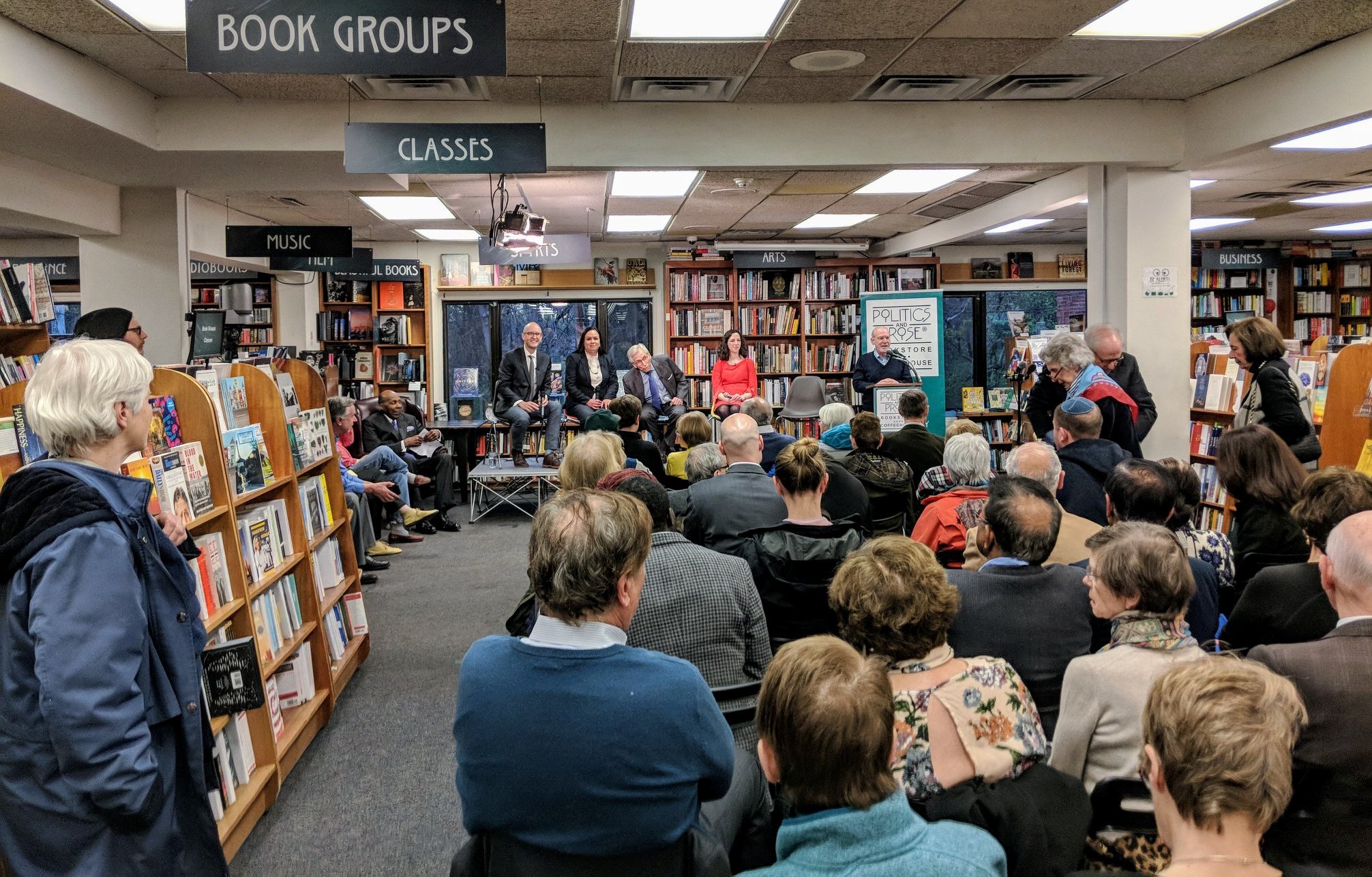 Now, he said with some amazement, the key "distribution principle" for publishers is something unfathomable a few decades ago: to provide "good books any way the reader wants them now." The ability to serve consumers immediately and in a variety of way is based on the widespread availability of print books, e-books and audiobooks. "If I want a book and don't mind where I get it, I can, especially if I don't mind getting it downloaded." He stressed that competitors of Amazon should make books available in all formats and experiment with packages that combine print and electronic editions of the same books, something that PublicAffairs has experimented with in the past.
Now, he said with some amazement, the key "distribution principle" for publishers is something unfathomable a few decades ago: to provide "good books any way the reader wants them now." The ability to serve consumers immediately and in a variety of way is based on the widespread availability of print books, e-books and audiobooks. "If I want a book and don't mind where I get it, I can, especially if I don't mind getting it downloaded." He stressed that competitors of Amazon should make books available in all formats and experiment with packages that combine print and electronic editions of the same books, something that PublicAffairs has experimented with in the past.
Osnos praised independents for "creating a system that accommodates customers rather than turns them away." He cited Politics & Prose, RJ Julia Booksellers, Book Passage and the Tattered Cover, among others, as stores that have distinguished themselves by offering an array of events, book clubs, travel groups, classes and more and thus become "something important to people who shop there."
Osnos emphasized that there's "a notion at any given stage that we're at the last phase of change. But that turned out not to be true." Amazon now has "overwhelming dominance in the marketplace, more than anyone has in our lifetimes." He called Amazon founder Jeff Bezos "one of the shrewdest" of the giant tech company geniuses, but added that "the history of companies like Amazon is they come under major antitrust pressure and end up being broken up."
The current state of the book world "is not the end of the story," he went on. "The end of the story is never the end of the story." Publishers and booksellers continue to serve many readers--"a specific part of the American public"--and "we need to adjust our expectations to that reality."
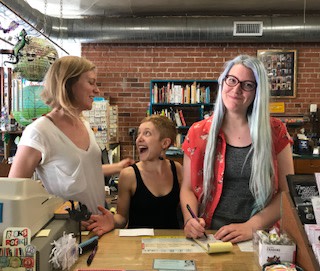






SHELFAWARENESS.1222.S1.BESTADSWEBINAR.gif)





 Now, he said with some amazement, the key "distribution principle" for publishers is something unfathomable a few decades ago: to provide "good books any way the reader wants them now." The ability to serve consumers immediately and in a variety of way is based on the widespread availability of print books, e-books and audiobooks. "If I want a book and don't mind where I get it, I can, especially if I don't mind getting it downloaded." He stressed that competitors of Amazon should make books available in all formats and experiment with packages that combine print and electronic editions of the same books, something that PublicAffairs has experimented with in the past.
Now, he said with some amazement, the key "distribution principle" for publishers is something unfathomable a few decades ago: to provide "good books any way the reader wants them now." The ability to serve consumers immediately and in a variety of way is based on the widespread availability of print books, e-books and audiobooks. "If I want a book and don't mind where I get it, I can, especially if I don't mind getting it downloaded." He stressed that competitors of Amazon should make books available in all formats and experiment with packages that combine print and electronic editions of the same books, something that PublicAffairs has experimented with in the past. At
At 
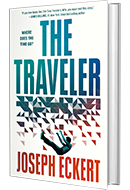
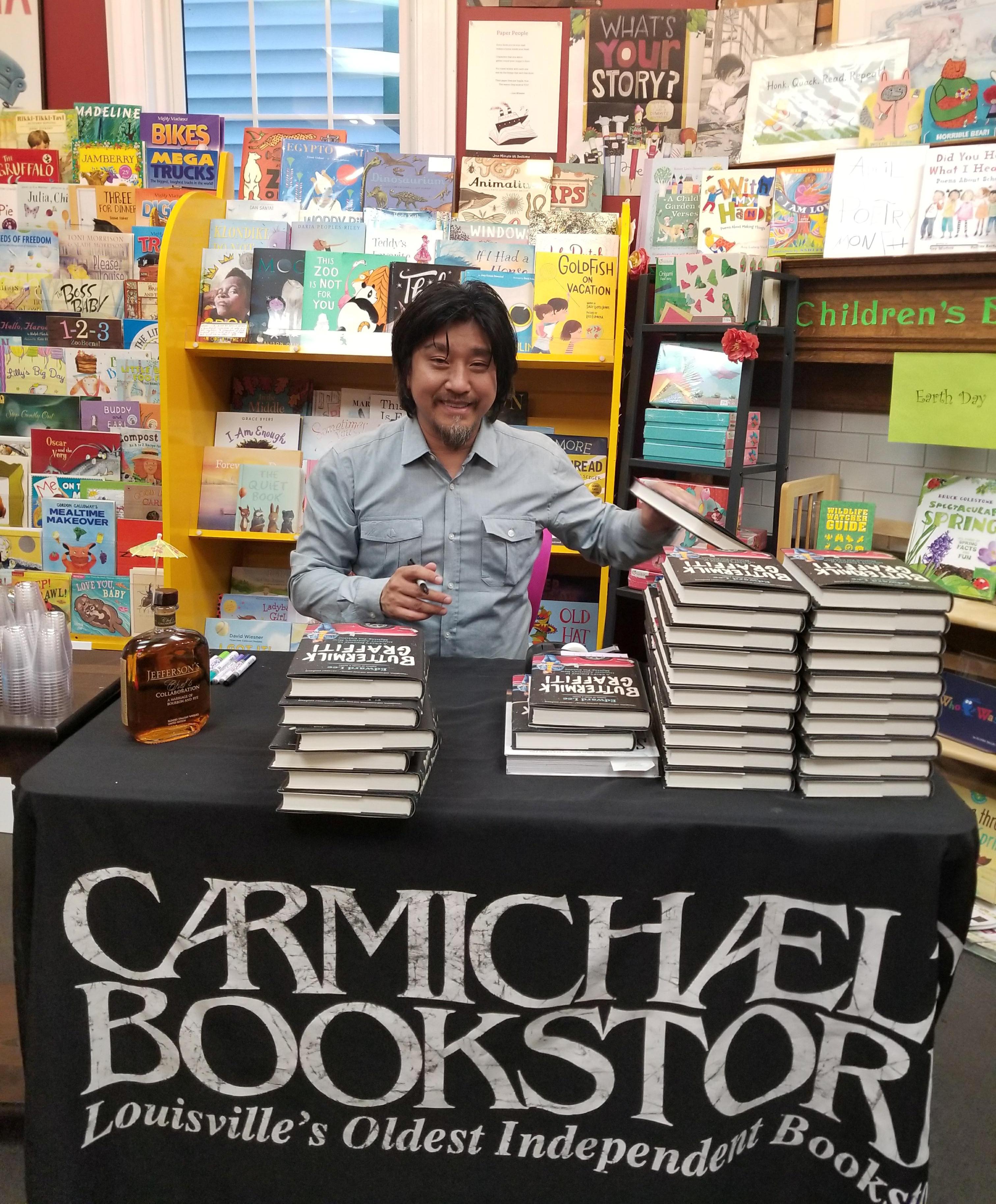 Chef Edward Lee, from Top Chef and PBS's Mind of a Chef, launched his new book, Buttermilk Graffiti (Artisan)--his first foray into narrative nonfiction--at
Chef Edward Lee, from Top Chef and PBS's Mind of a Chef, launched his new book, Buttermilk Graffiti (Artisan)--his first foray into narrative nonfiction--at 
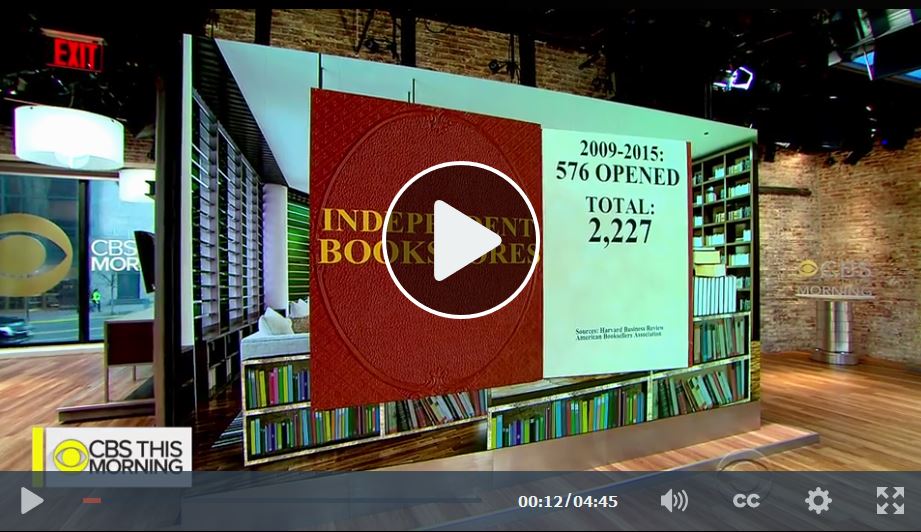
 Sleight
Sleight First-time novelist and former cellist Aja Gabel delves deeply into the sacrifice and passion needed to deal with the fiercely competitive world of classical music, and the relationships among four friends who find a way to make it to the top together.
First-time novelist and former cellist Aja Gabel delves deeply into the sacrifice and passion needed to deal with the fiercely competitive world of classical music, and the relationships among four friends who find a way to make it to the top together. 